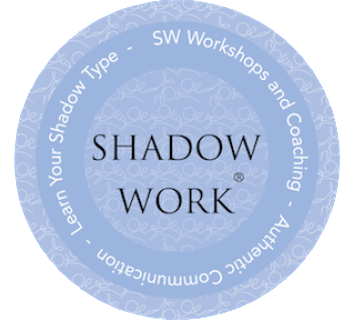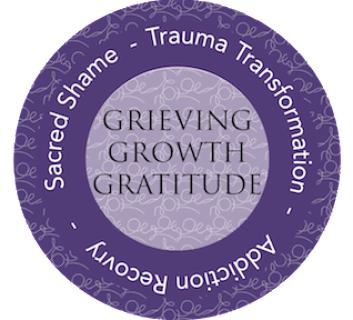It’s not a person’s mistakes that define them. It’s how they make amends. ~Freya North
Recently, a friend apologized to me for her behavior. She went on a tirade that sprang up from an unexpected pause in the conversation like a jack-in-the-box springs up unexpectedly. Okay, if you’re turning the small crank, and the music is playing, you know eventually the little clown guy is gonna show up, but still. It’s a shock when it happens. And her tirade was not expected at all.
We saw each other while we out at a restaurant and started a friendly chat. We were talking about the weather, innocuous clouds, and lamenting the cold rain. Within seconds, my friend’s conversation turned into something else, and I was tossed into one side of a boxing ring. The discussion was filled with emotion. I was the opponent to be defeated. There was no going back.
Moments later, I excused myself from the ring saying, “I’m not sure what is happening here, but I can see you are no longer talking about the weather.” I left.
Days later, my friend came to my home. She apologized and explained to me that the previous 48 hours had been very hard for her. She had not gotten the rest she needed, and her fuse was low. Would I forgive her? She handed me a small handmade gift and invited me to her home for a meal in the next few days. I thanked her, told her I understood being stressed to the point of eruption and wrapped my arms around her accepting her invitation to dinner.
This is generous amends.
This is amends to recreate reconnection and deeper intimacy.
This is a relationship that I want to be in for the long haul.
Here is what I believe about making amends:
- We all make mistakes, have bad days, say and do things we regret. It’s what happens next that matters.
- When generosity accompanies an apology, the relationship is restored, and the connection is deepened. My friend did not make excuses for her behavior, she was swift in her ownership, and she was vulnerable in sharing with me why she was reactive.
- When an amends is made, compassion and understanding develop. Not only do I have compassion for my friend in understanding what contributed to her bad behavior, but it is a reminder for me to take care of myself and to have self-compassion when I make mistakes. This compassion extends to our communities as we learn to be human together with kindness and to take actions that restore us to integrity with ourselves and one another.
Making amends is a simple tool for living life that restores our own sense of integrity, offers us accountability in our relationships with others, and provides us with a means of developing compassion for ourselves and others.
While honesty and ownership of our behavior may not be easy, the restoration of self to integrity and reconnection with another make it worthwhile.
~Blessings From Mary






Sorry, comments are closed for this post.